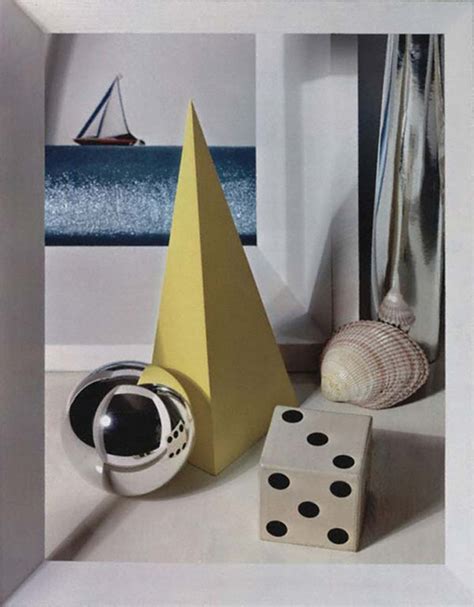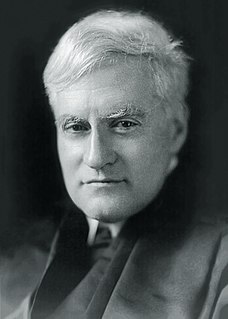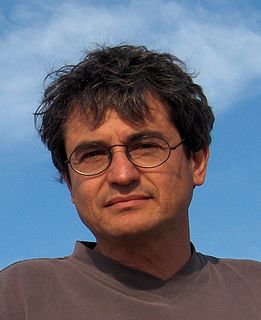A Quote by Jiddu Krishnamurti
The very desire to be certain,to be secure,is the beginning of bondage.It's only when the mind is not caught in the net of certainty,and is not seeking certainty, that it is in a state of discovery.
Related Quotes
In practice, some come to see easily, some with difficulty. But whatever the case, never mind. Difficult or easy, the Buddha said not to be heedless. Just that--don't be heedless. Why? Because life is not certain. Wherever we start to think that things are certain, uncertainty is lurking right there. Heedlessness is just holding things as certain. It is grasping at certainty where there is no certainty and looking for truth in things that are not true. Be careful! They are likely to bite you sometime in the future!
In our worship of certainty we must distinguish between the sound certainty and the sham, between what is gold and what is tinsel; and then, when certainty is attained, we must remember that it is not the only good; that we can buy it at too high a price; that there is danger in perpetual quiescence as well as in perpetual motion; and that a compromise must be found in a principle of growth.
Those who say they dislike dogma, or 'certainty', tend to be liars, hypocrites, or simply wrong. What they really dislike is the dogma of those they disagree with. A society that was certain, certain beyond all certainty, that putting its citizens in death camps was wrong, would never put people in death camps. Such things are only possible when you're open to new ideas.
The very foundation of science is to keep the door open to doubt. Precisely because we keep questioning everything, especially our own premises, we are always ready to improve our knowledge. Therefore a good scientist is never ‘certain’. Lack of certainty is precisely what makes conclusions more reliable than the conclusions of those who are certain: because the good scientist will be ready to shift to a different point of view if better elements of evidence, or novel arguments emerge. Therefore certainty is not only something of no use, but is in fact damaging, if we value reliability.








































